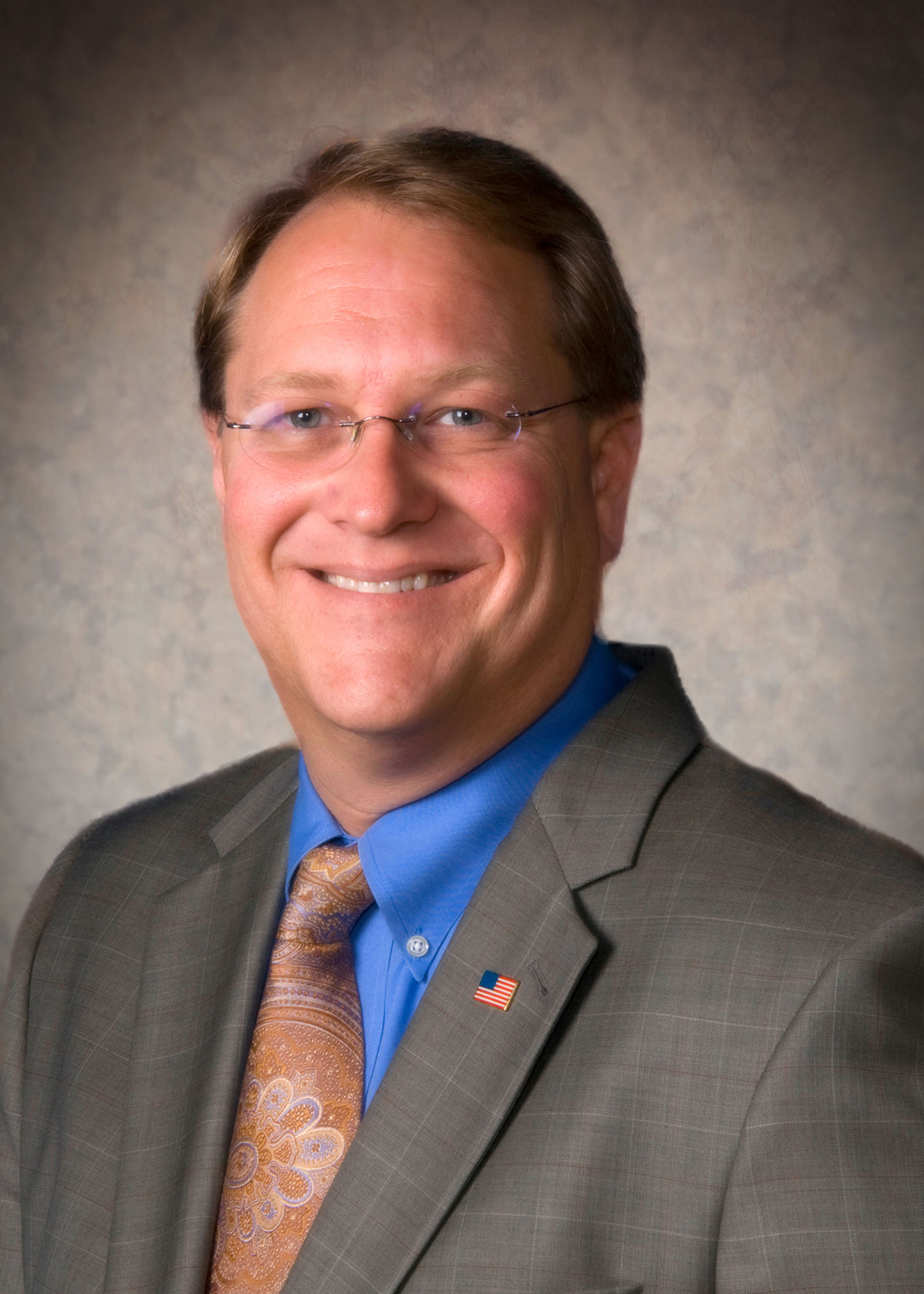St. Petersburg Mayor Bill Foster talked about the trials of working with city council and the difficulty of municipal level government to a group of students as guest of Leader Speak Oct. 27 in Davis Hall.
“We have to interface with everybody above us because we are the lowest of the low on the totem poll,” Foster said about city government.
He spoke without using microphone or podium, projecting to the audience.
“We are where every other government gets to kick the can … Where am I going to kick the can? I can’t. So we have to deal with it,” he said.
Foster said national problems roll down to municipalities. He used mental health funding as an example. If federal government and state doesn’t fund mental health, those patients are left to fend for themselves, he said. In most cases, they don’t have the social skills for getting a job or a means of income, he said.
“Where are they going to sleep?” he asked. “On the street.”
Working on St. Petersburg’s social issues must be done in concert with the county, state and federal levels, he said. Safe Harbor, for example, a homeless shelter in Pinellas County, opened after collaboration efforts of city and local government in January of this year.
Foster was elected in 2009 as mayor of St. Petersburg after serving as a city council member for nine years.
He explained that St. Petersburg works under the strong mayor system. The system makes mayor the chief executive of the city, sans city manager. The mayor is responsible for running day-to-day operations of the city.
An eight-member council holds the power of policy-making and city budget approvals, among others.
His ideas need approval by council, and take a lot of time, Foster said.
“I have to convince five of them that whatever it is I’m proposing we’re spending your money on is a good idea,” said Foster of the council’s eight members. “I have to count to five.”
A lot of Foster’s time is spent trying to lobby the legislative side on the other side of the hall, he said.
“Anyone in here watch Big Brother … or Survivor? I’ve been voted off the island … I’ve been voted out of the house more times than I care to imagine.”
Working with council requires patience and psychology, Foster said. “It’s constantly trying to recognize human nature and who’s working with who,” he said, “and working enough to make sure you can always count to five.”
Before opening the floor to questions, Foster told the crowd to ask anything—even if it’s about something they’ve seen in the paper.
“Part of being a leader is having the thickest skin in the world … they hate me,” Foster said, naming The St. Petersburg Times. “The newspaper has not been kind on my approach negotiating with the Rays.”
Foster said it’s constant bashing.
“They ran an editorial … with five people that they identified as exhibiting real leadership on the Rays issue, and they put in color the five council members… I mean some of those five I need … I need three of them,” Foster said.
Later, an audience member asked about the issue of the Tampa Bay Rays staying in St. Petersburg.
“There’s no emergency. They’re not going anywhere for a long time,” Foster said. “There’s no city in the country that has the money to build a stadium. There’s not an empty major league baseball stadium anywhere where they can go.”
Foster recognized he’s playing hard with the organization, but for good reason.
“We—when I say ‘we’ I mean you guys—still owe $90 million on the house that we built for them,” he said of Tropicana Field, which opened five years before the organization was signed to the area.
Foster also brought up the use-agreement between the organization and the city that extends to 2027.
While the Rays may be a regional asset, Foster says he isn’t a regional mayor, and the region didn’t pay for Tropicana Field.
An audience member inquired about the Pier redevelopment. Both the Pier and the inverted pyramid will be torn down, he said. The Pier was built in the early 1920s, and has little rebar left, providing little structural integrity. The inverted pyramid has proved too challenging to keep tenants, he said.
Three designs from international competitors will be selected by jury and displayed to the public at the Museum of History as soon as December, he said. With public dialogue in the mix, the jury will decide on the winning design in January.
Foster, a fourth-generation St. Petersburg resident, was asked how the city has changed over the years. He said the city has changed dramatically.
“We were known throughout the world as literally being God’s waiting room,” he said.
The city has become younger, with nightlife, waterfront cafes, and dog-friendly places, he said. Foster brought up incoming additions to the city, like the Pedibus. The pedal-powered bus used for city tours and pub-crawls will make its debut in the city by the end of the year.
Foster briefly mentioned food trucks could be making their way into St. Petersburg after a vote from city council. Council would have to vote in favor of amending a city ordinance against roadside vending.
Photo courtesy of the City of St. Petersburg



